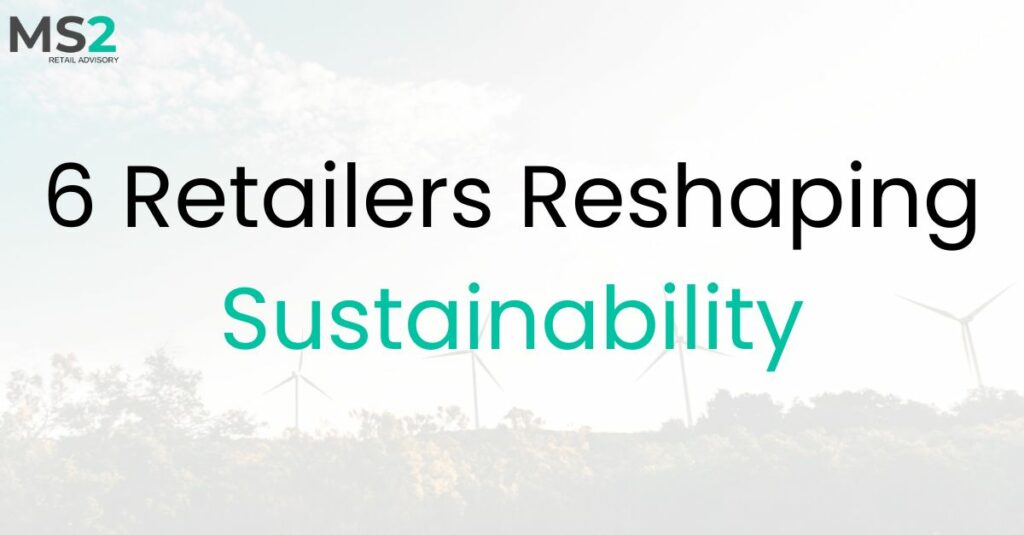In an era where consumers are increasingly mindful of their consumption choices, businesses are facing mounting pressure to meet sustainability standards and adapt to changing shopping habits. This shift is prompting retailers to reevaluate their business models and incorporate circularity into their operations. But how are retailers without sustainability at their core adjusting to this circular momentum?
Transitioning from Linear to Circular Models
Several brands and retailers are leading the charge in making impactful mindset and operational changes to prioritize sustainability. Luxury department store Selfridges, for instance, has launched its ambitious ‘Project Earth’ initiative, centered on three pillars: transitioning to sustainable materials, embracing new shopping models, and challenging the mindsets of partners, teams, and customers. Selfridges has set ambitious goals, including achieving net-zero carbon emissions by 2040 and ensuring that 45% of transactions by 2030 stem from circular products and services. Transactions are considered circular when they involve resale, rental, refill, repair, or recycled products. To support this target, the retailer is implementing various initiatives, such as setting specific targets, introducing repair and rental services, and creating in-store experiences to promote circular shopping.
Fashion brand Coach has also joined the circular movement with its Coachtopia initiative. Positioned as a collaborative innovation lab focused on circular craft, Coachtopia represents a significant step forward for the company. According to Joon Silverstein, Coach’s Senior Vice President of Global Marketing and Sustainability and Head of Coachtopia, the initiative is about “rethinking the product life cycle from end to end.” This involves creating products designed to have multiple lives, with an emphasis on easy disassembly and repurposing. Coach is aiming to develop a closed-loop system where products can be remade at scale, contributing to a more sustainable future.
Here few other examples of sustainability initiatives taken by brands:
IKEA, known for its stylish and affordable furniture, aims to become fully circular by 2030. They want to reduce waste and save resources. By making products easier to recycle and encouraging customers to repair and recycle their furniture, IKEA is making big changes to protect the planet. If successful, their efforts could inspire other furniture companies to follow suit, leading to a significant reduction in furniture waste and environmental impact.
Patagonia, famous for its outdoor clothing, is also big on sustainability. They fix clothes and encourage buying used items. Their goal is to reduce waste and show that clothes can last a long time. By promoting durable and repairable clothing, Patagonia is challenging the fast-fashion industry and encouraging consumers to think differently about their purchasing habits, leading to less clothing waste and a smaller carbon footprint.
H&M, a popular fashion brand, wants to cut down on waste, too. They ask customers to bring old clothes to recycle. This helps reduce the huge amount of clothes that end up in landfills. H&M’s initiative could revolutionize the fashion industry by promoting a circular economy where clothing is reused and recycled, rather than disposed of after a short period of time.
Apple, the tech giant known for its iPhones and iPads, is also making strides in sustainability. They’re committed to using recycled materials in their products and reducing their carbon footprint. By designing products that last longer and can be recycled, Apple is contributing to a more sustainable future. If Apple’s initiatives are widely adopted, it could lead to a significant reduction in electronic waste and environmental pollution caused by the tech industry.

